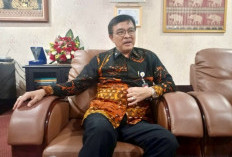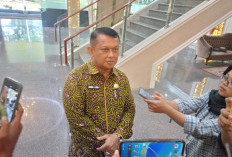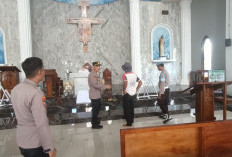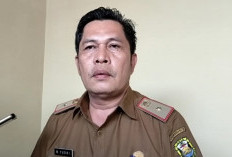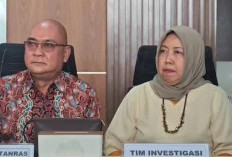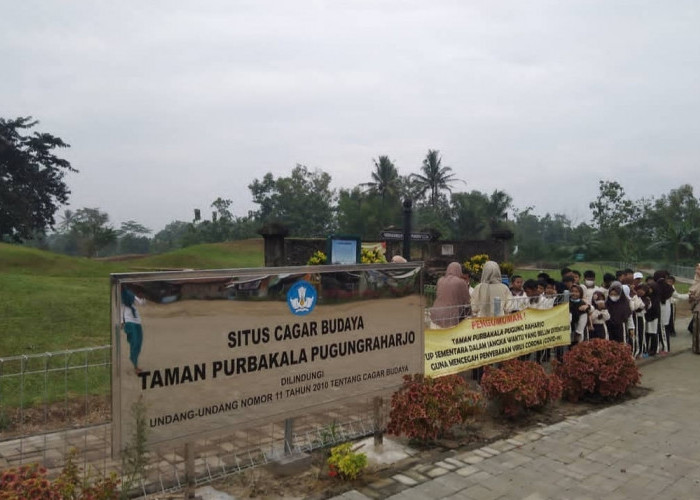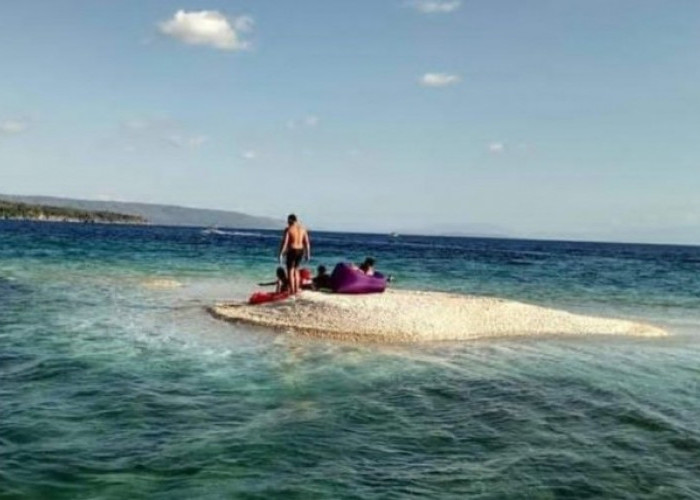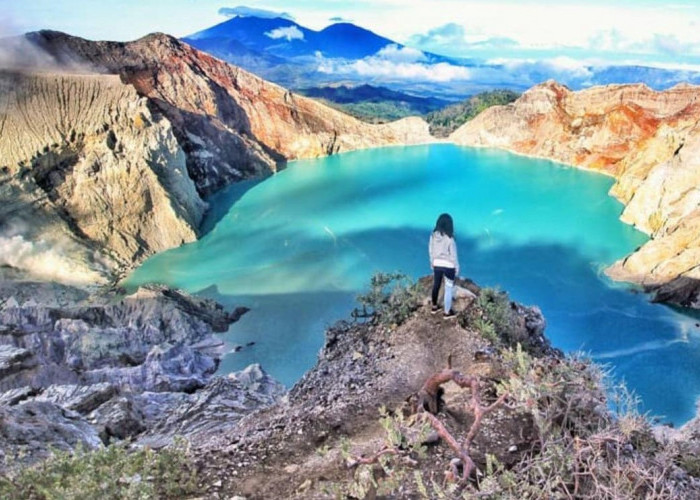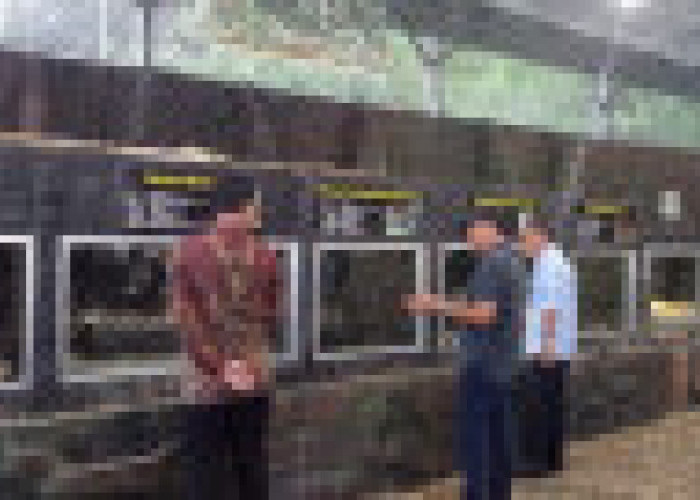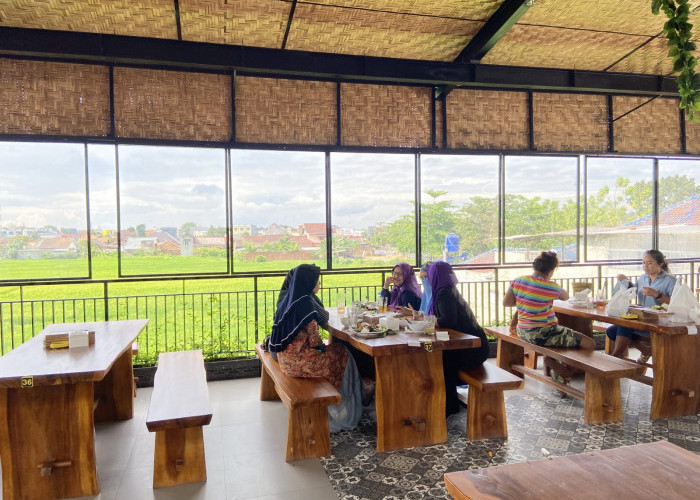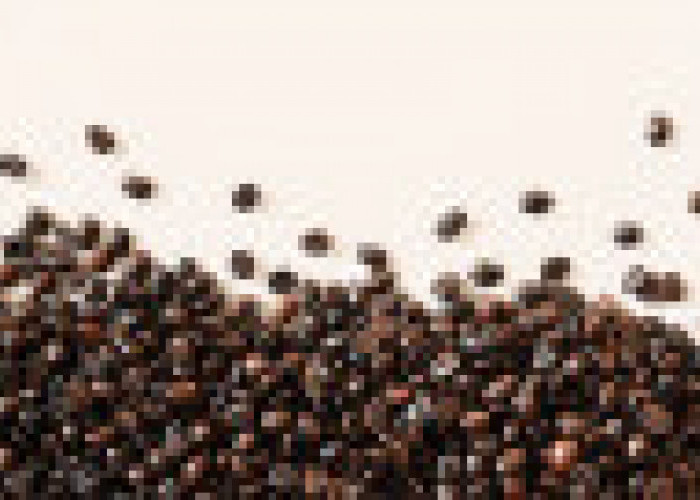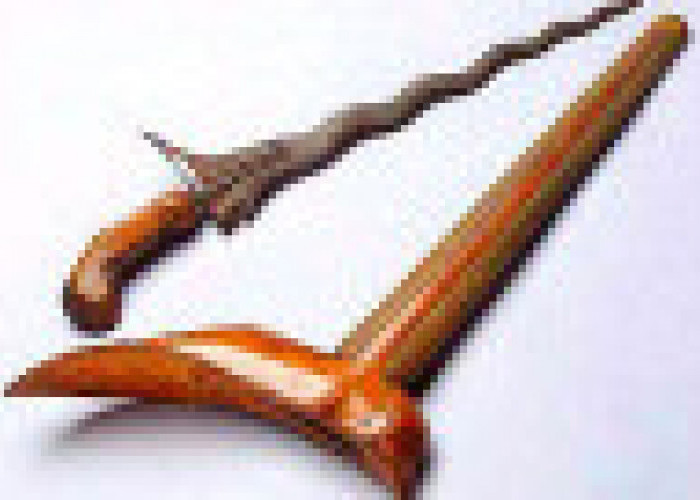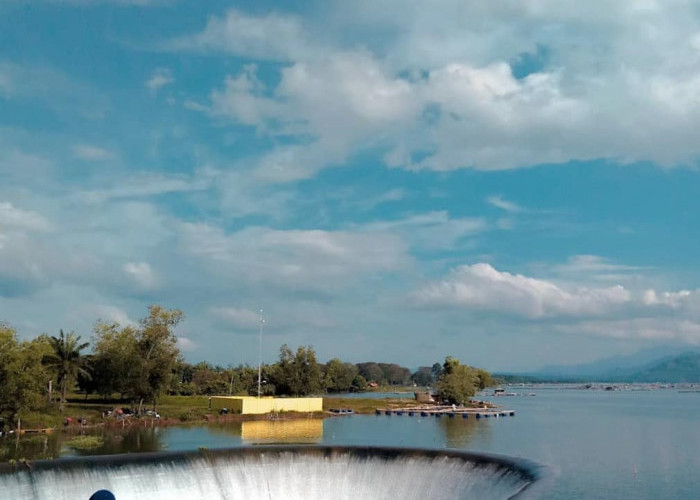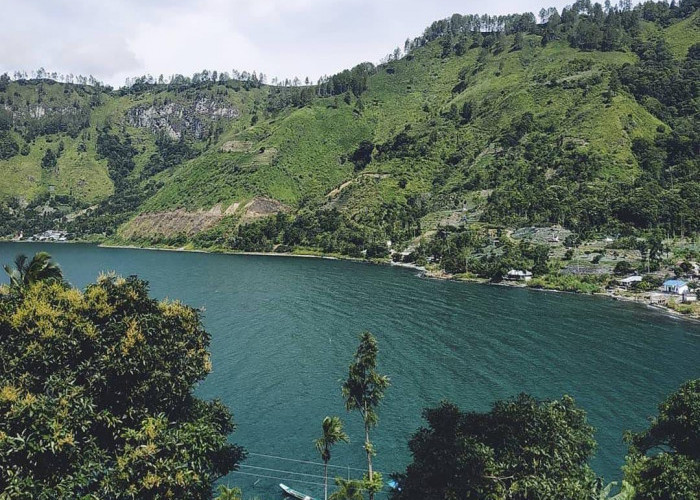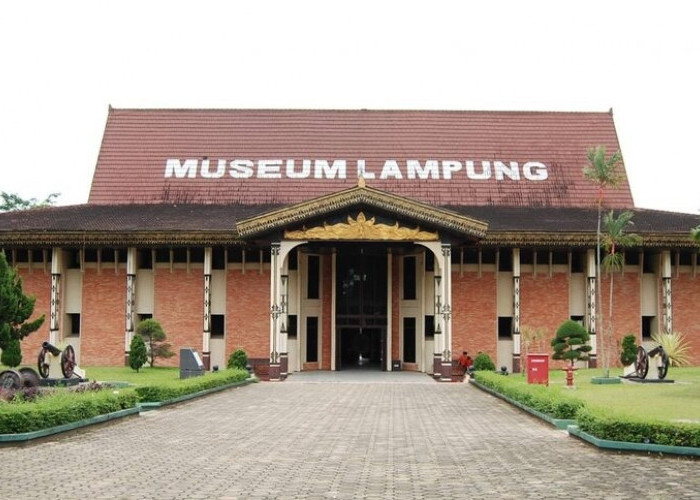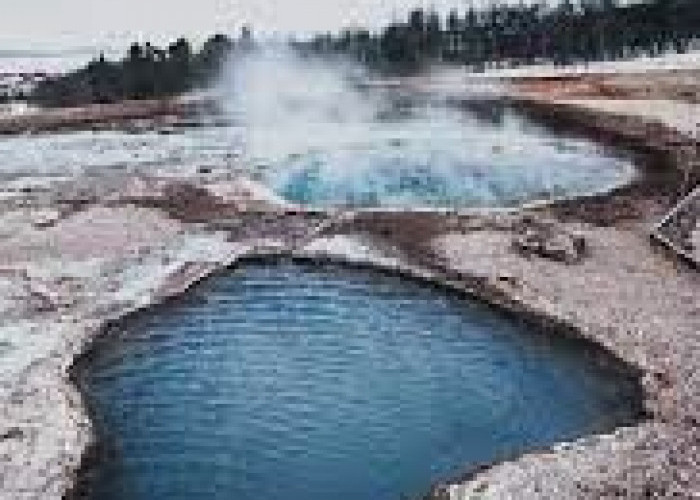Historical Tourism to Pugung Raharjo Archaeological Park, East Lampung, Visitors Can Find It
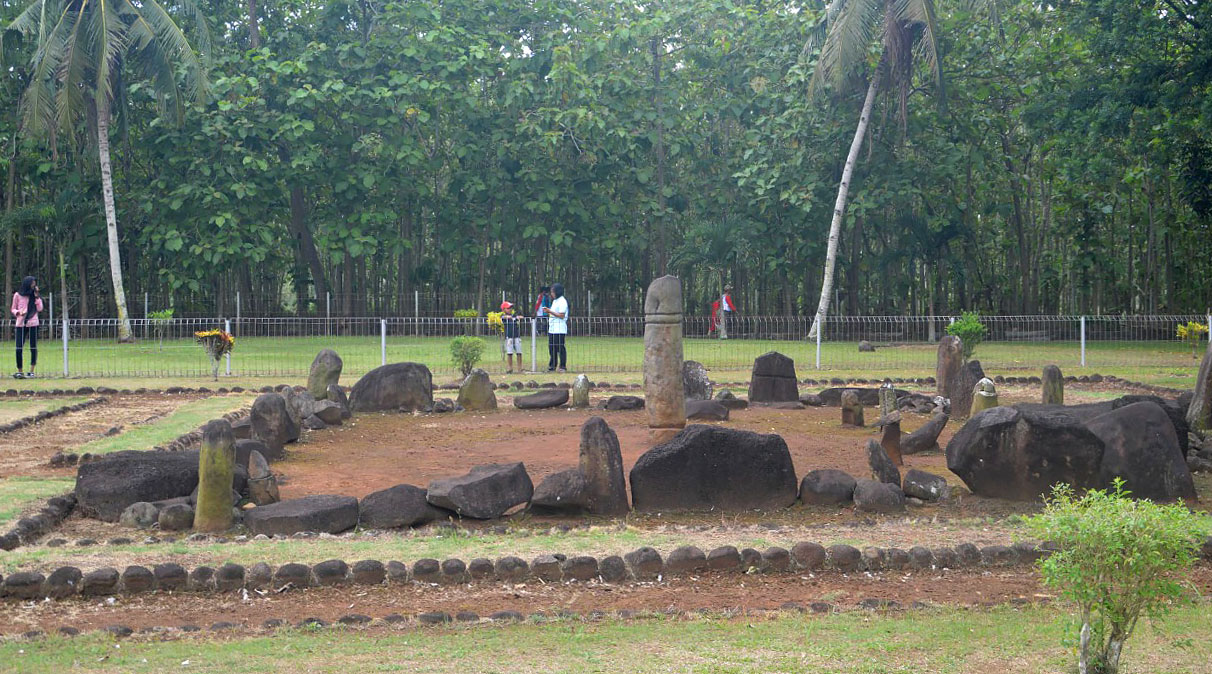
Historical Tourism of Pugung Raharjo Archaelogical Park . FOTO DWI PRIHANTONO/RADARLAMPUNG.CO.ID --
EAST LAMPUNG, RADARLAMPUNG.CO.ID - Has an interesting destination. Such as the Pugung Raharjo Archaeological Park which is located in Pugung Raharjo Village, Sekampung Udik District.
This 30-hectare park is a relic of the Megalithic (large stone) era. Namely a culture that produces a lot of work from large stones.
However, the workmanship is still simple and rough. From a number of literatures, Megalithic culture entered Indonesia together with the Austronesian race, or around 2500-1500 BC.
The existence of the site which is now the Archaeological Park was first discovered in 1957. It followed the transmigration of residents from East Java and Central Java in 1954.
BACA JUGA: Alert! This is The Danger of Smoking After Eating, According to dr. Saddam Ismail
When the transmigrants were clearing the forest for cultivation areas, they found a large arrangement of stones that formed a square.
Now, the arrangement of large stones that form a square and in the middle there is an upright stone is known as Menhirs or Batu Corpses.
Residents also found a number of Bhodisatwa statues which local residents called Putri Badariyah.
Access to these historical tourist sites is not difficult. From Bandar Lampung, via Ir. Sutami Street is 50 Km away.
Meanwhile, if you go through Sukadana- Simpang Pugung, from Bandar Lampung city it is 80 Km.
Arriving at the location, on the left and right of the gate, you can see a fort in the form of two mounds of land next to each other. Three meters deep ditches are separated.
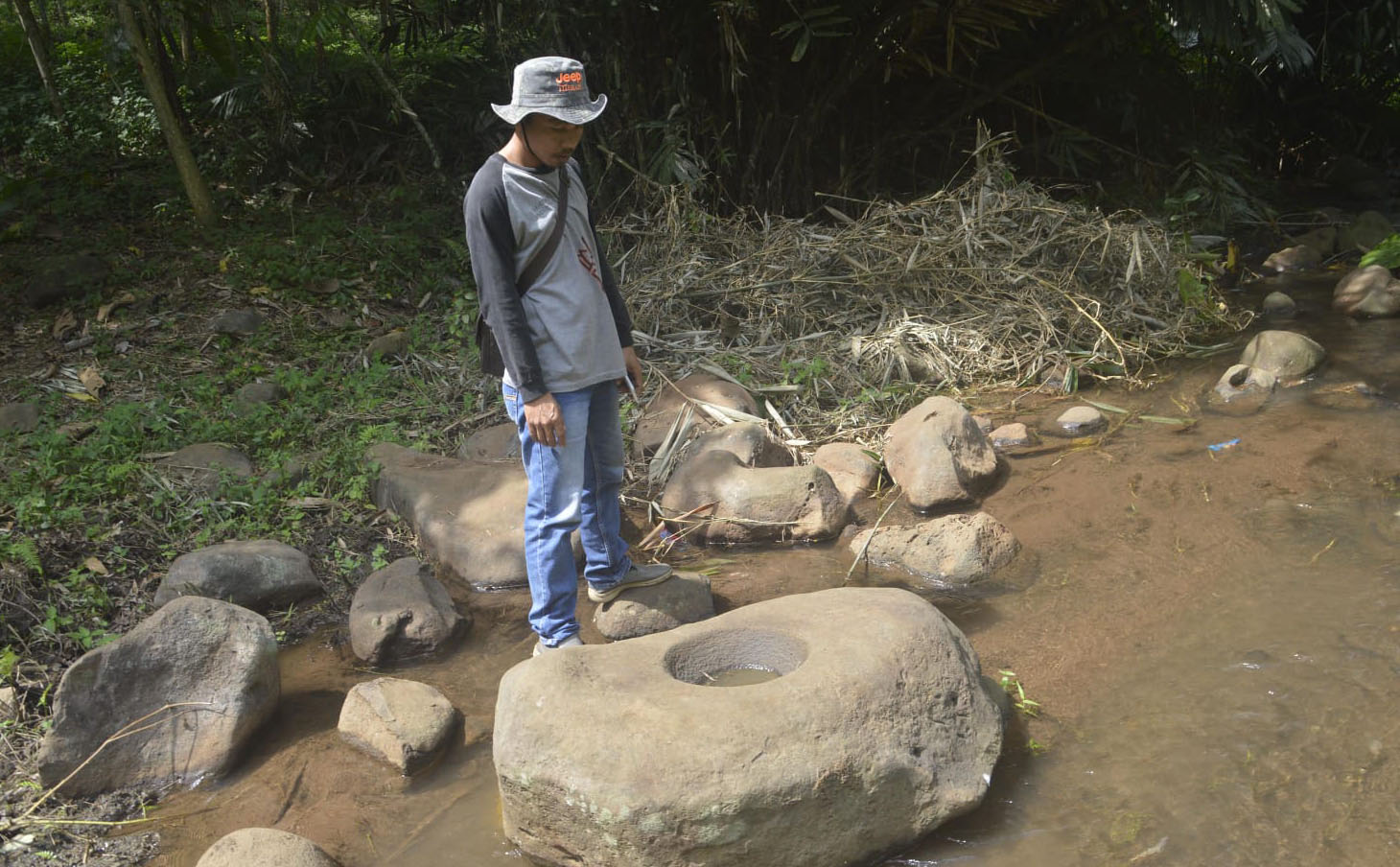
Lumpang stone from the stone age in the Pugung Raharjo Archaeological Park. PHOTO DWI PRIHANTONO/RADARLAMPUNG.CO.ID --
Roni, a local resident, said that when he was first discovered, the ditch separating the two mounds was 15 meters deep.
Cek Berita dan Artikel lainnya di Google News
Sumber:



